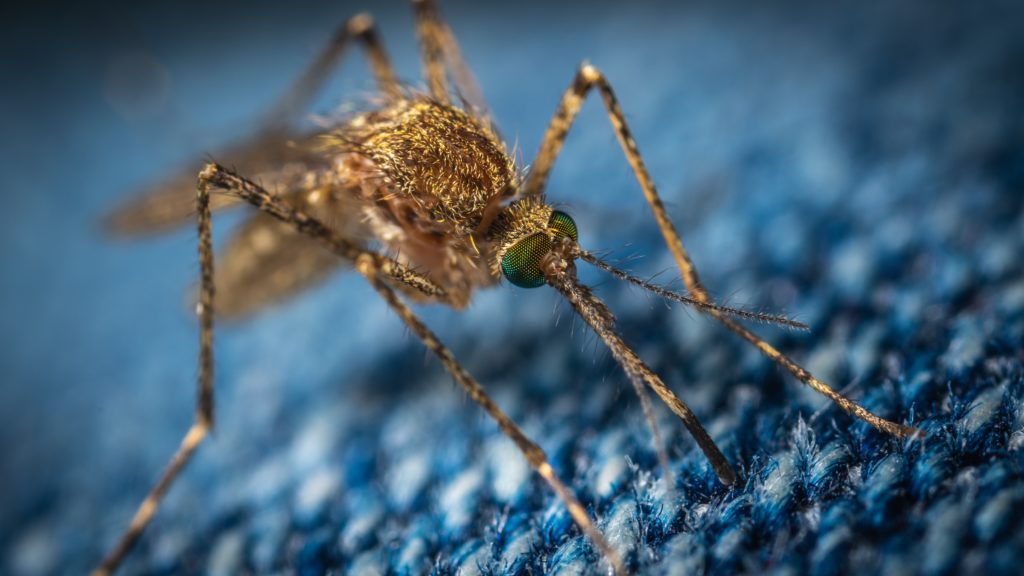What is Yellow Fever?
Yellow fever is a serious viral disease that is common in humid and tropical countries.
The symptoms of the disease can be similar to flu with a high fever and aches in the muscles and joints. The skin and eyes of people suffering from yellow fever become jaundiced and yellow in colour; giving this disease its name.
Mosquito bites spread yellow fever. The mosquitos become infected with the yellow fever virus after biting an infected human or monkey. They then pass the virus onto whoever they bite.
Yellow fever epidemics can occur in dense populations with low vaccination rates. However, it cannot be spread from person to person.
Yellow fever can be deadly but luckily there is a very effective vaccination available.
Who should have the yellow fever vaccine?
If you are planning to travel to a tropical or sub-tropical country, you may need to be vaccinated against yellow fever. Countries in sub-Saharan Africa, Central & South America and also the Caribbean are most likely to be in the yellow fever zone. You can find out more about which countries have yellow fever vaccination requirements at the Travel Health Pro website.
Most people can safely receive the yellow fever vaccination. However, there are some exceptions:
- Pregnant or breastfeeding women
- Babies under 9 months
- People over 60 years of age
- People with weakened immune systems such as those currently undergoing chemotherapy
- Anyone who is allergic to the vaccine ingredients including people with an egg allergy
- People with thymus gland conditions
It may be possible to obtain a certificate of exemption for some of the above conditions. However, pregnant or breastfeeding women or people with babies under 9 months are advised to delay their trips until vaccinations can be given.
In order to travel to some countries, a yellow fever vaccination may be mandatory. Unsure if you require a yellow fever vaccination? Contact the South Manchester Travel Clinic team for advice.
It’s important to take steps to prevent mosquito bites even if you have been vaccinated against yellow fever. This is because mosquitos can carry other diseases.
You may require a yellow fever vaccination for travel to the Caribbean including for cruise holidays.

Mosquitos can transmit yellow fever
How can I book a yellow fever vaccination at South Manchester Travel Clinic?
You can book an appointment online on our booking calendar. We also offer walk-in appointments.
It’s important to note that you will need to receive your yellow fever vaccination at least 10 days before you travel. Please take this into account when booking your appointment.
What can I expect from my yellow fever vaccination appointment?
The service will be provided in a private consultation room. Our specially trained staff talk you through the procedure including the possible side effects. All vaccinations carry risks but generally, these side effects are no worse than having a headache or fever for a couple of days.
The yellow fever vaccination is one injection into the upper arm. The yellow fever vaccination is a single-dose vaccine meaning it does not require a course of injections or follow-up appointments to be effective. The vaccination area may remain tender for a couple of days after receiving the dose.
How do I get a yellow fever vaccination certificate?
Yellow fever vaccinations give lifelong protection. However, some people may occasionally require booster doses of the vaccine. Once you have received the yellow fever vaccine, you will be issued with a vaccination certificate.
Vaccination certificates are only available at a Yellow Fever Vaccination Centre, such as South Manchester Travel Clinic. The pharmacist issues the vaccination certificate after they give you the yellow fever vaccine.
The certificate will be valid from 10 days after your vaccination. This is to ensure that the vaccine has had time to become effective before you travel.

It’s good to avoid both cheetah and mosquito bites when on safari in Africa.



